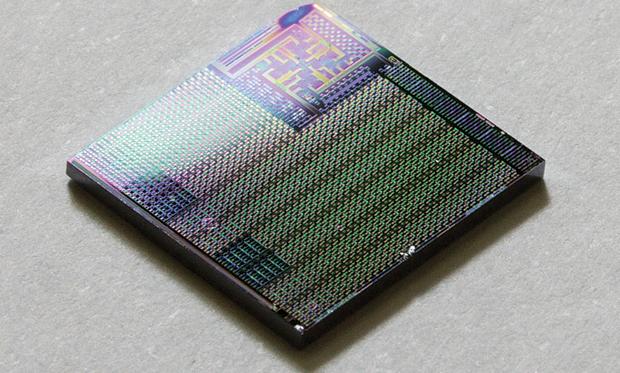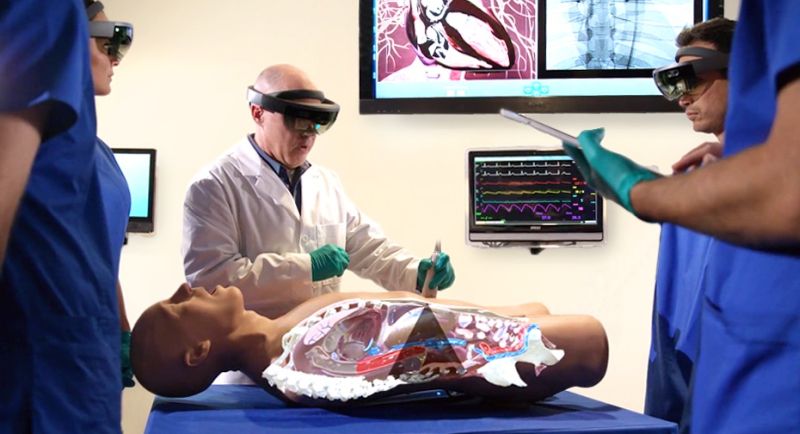A blueprint for QC larger servers mass production. The question is; is it the right blueprint for everyone? Not sure.
An international team, led by a scientist from the University of Sussex, have today unveiled the first practical blueprint for how to build a quantum computer, the most powerful computer on Earth.
This huge leap forward towards creating a universal quantum computer is published today (1 February 2017) in the influential journal Science Advances. It has long been known that such a computer would revolutionise industry, science and commerce on a similar scale as the invention of ordinary computers. But this new work features the actual industrial blueprint to construct such a large-scale machine, more powerful in solving certain problems than any computer ever constructed before.
Once built, the computer’s capabilities mean it would have the potential to answer many questions in science; create new, lifesaving medicines; solve the most mind-boggling scientific problems; unravel the yet unknown mysteries of the furthest reaches of deepest space; and solve some problems that an ordinary computer would take billions of years to compute.







